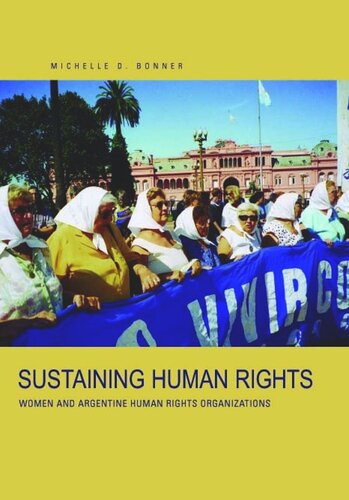

Most ebook files are in PDF format, so you can easily read them using various software such as Foxit Reader or directly on the Google Chrome browser.
Some ebook files are released by publishers in other formats such as .awz, .mobi, .epub, .fb2, etc. You may need to install specific software to read these formats on mobile/PC, such as Calibre.
Please read the tutorial at this link: https://ebookbell.com/faq
We offer FREE conversion to the popular formats you request; however, this may take some time. Therefore, right after payment, please email us, and we will try to provide the service as quickly as possible.
For some exceptional file formats or broken links (if any), please refrain from opening any disputes. Instead, email us first, and we will try to assist within a maximum of 6 hours.
EbookBell Team

0.0
0 reviewsThe “disappearance” and torture of many people during the worst days of the authoritarian regimes that ruled many Latin American countries in the 1970s have been well documented and widely condemned as abuses of human rights. Less well known is what has become of the movements for human rights once democratic governments were restored in these countries. In this book, Michelle Bonner reveals how the defense of human rights continues today, taking Argentina as her primary example (with comparison to Chile in the final chapter).
Bonner shows that the role of women—viewed as protectors of the family—is key to understanding how human rights movements have evolved. Moreover, the continuity of the “historical frames” used to legitimate their activity is an essential element in the success of their efforts, even while the claimed abuse has changed from the political repression undertaken by the dictators’ minions to the economic hardships created by market inequities resulting from neoliberal policies.
Based on extensive field research and providing a long historical view extending from colonial times to the present, this study compares the activities of the ten most prominent human rights organizations in Argentina and assesses the responses of both state and society.